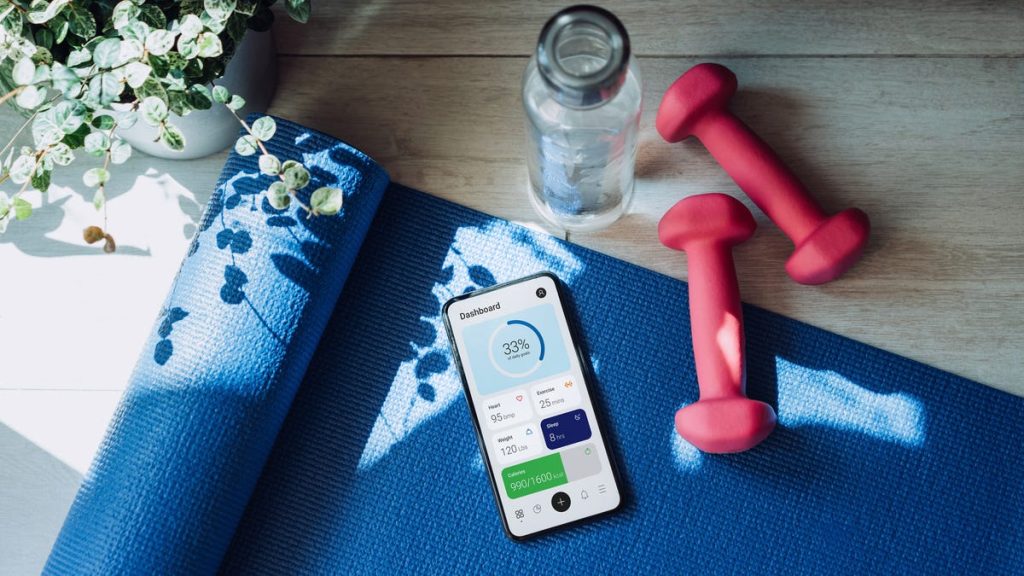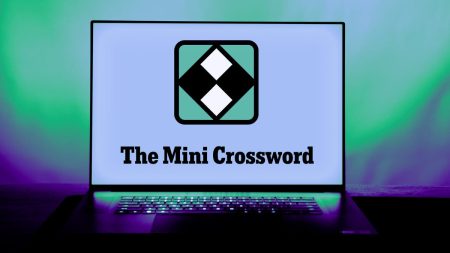Fitness Tracker Deals and the Rise of Workout Apps
This week’s fitness tracker deals highlight the growing trend of integrating technology into personal fitness regimes. Beyond the hardware, workout apps have emerged as essential tools, offering personalized training plans, progress tracking, and expert guidance, all conveniently accessible through smartphones. CNET, with its decades of experience in reviewing tech products and services, provides valuable insights into selecting the right app for individual needs. This article focuses on workout apps designed for women, emphasizing not gender-specific exercises, but rather a supportive environment and tailored programs that cater to different fitness levels and goals.
EvolveYou: A Holistic Approach to Fitness
EvolveYou, formerly Tone and Sculpt, stands out as the top overall workout app for women due to its highly customizable programs. Users can select their preferred trainer, workout frequency, fitness level, equipment availability, and even nutritional preferences. The app provides a structured plan with varying durations based on the chosen program, ranging from eight weeks for yoga to an extensive 67 weeks for strength training. EvolveYou incorporates a meal planner that caters to various dietary needs, including standard, vegetarian, vegan, and pescatarian options. The app’s comprehensive approach, personalized plans, and integrated nutrition tracking make it a powerful tool for achieving fitness goals.
MWH Method and StrongHer: Body Sculpting and Personalized Training
The Melissa Wood Health (MWH) Method emphasizes low-impact Pilates and yoga movements to sculpt lean lines and build a stronger connection with one’s body. The app offers a diverse library of workouts, with new additions every week, along with guided meditations and pre/post-natal exercises. StrongHer, founded by Melissa Chalmers, focuses on personalized training and customizable nutrition plans. It provides progress tracking features, allowing users to monitor their strength gains and calorie intake over time. StrongHer’s unique approach lies in its ability to quantify progress, providing users with tangible evidence of their achievements.
Alo Moves and Sweat: Yoga and High-Intensity Training
Alo Moves extends beyond traditional yoga, offering fitness classes like barre, HIIT, and Pilates, alongside mindfulness practices such as breathwork and meditation. The app’s intelligent recommendation system suggests classes based on user preferences and past activity, similar to streaming platforms like Netflix. Sweat, founded by Kayla Itsines, caters to experienced trainers with its challenging PWR program focused on muscle growth through progressive weightlifting. The app also offers home-based workouts and post-pregnancy programs, demonstrating its adaptability to various fitness levels and circumstances.
Key Considerations for Choosing a Workout App
The effectiveness of a workout app depends on factors such as customization options, comprehensive programming, support features, user-friendly interface, and progress tracking capabilities. Integration with wearable devices is another important aspect for those who use fitness trackers. Expert guidance on proper form and posture is crucial, especially for beginners, and access to certified fitness professionals or nutritionists adds credibility and value. While workout apps offer convenience and affordability, they also require self-motivation and discipline. The absence of direct professional assistance may pose a challenge for those new to exercise, highlighting the importance of selecting an app with clear instructions and demonstrations.
Benefits and Drawbacks of Workout Apps
Workout apps offer the flexibility to exercise anytime, anywhere, making them ideal for travel or home-based workouts. Progress tracking features provide a visual representation of achievements, motivating users to continue their fitness journeys. Compared to studio classes or personal trainers, workout apps are a more affordable option, offering unlimited access to various workout programs. However, the self-directed nature of app-based training requires significant self-motivation. The lack of personalized feedback and form correction can be a disadvantage, particularly for beginners. Despite these drawbacks, workout apps remain valuable tools for those seeking accessible, affordable, and personalized fitness guidance. Choosing the right app requires careful consideration of individual goals, preferences, and the level of support needed.









